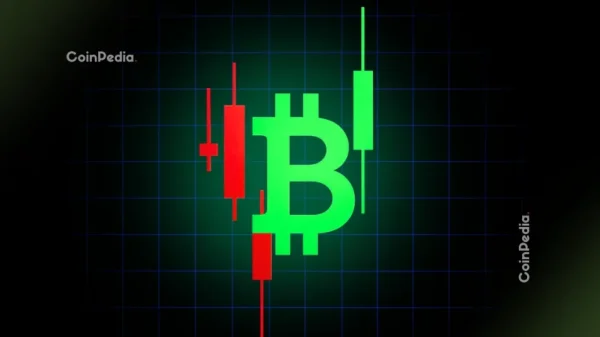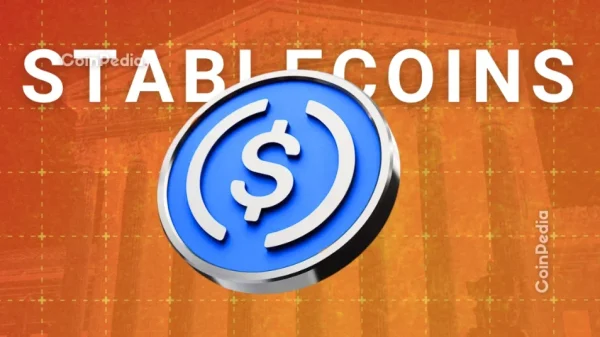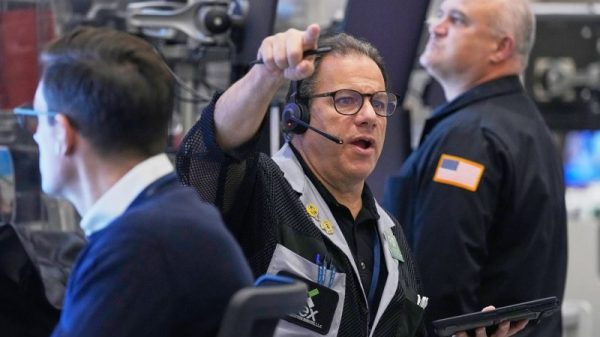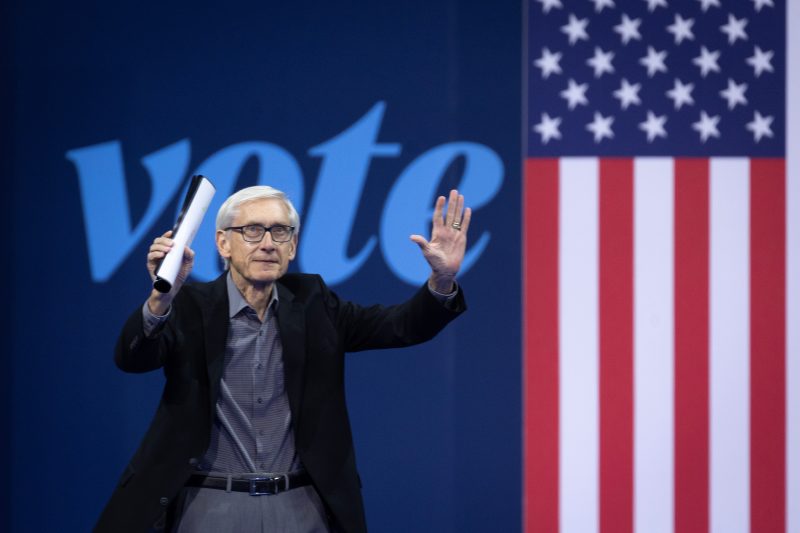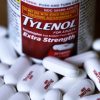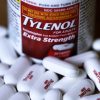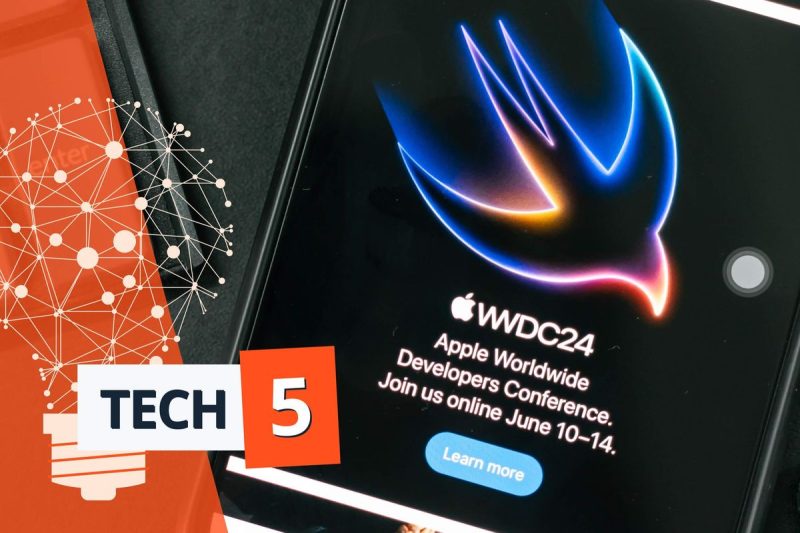
Apple (NASDAQ:AAPL) has had a sluggish H1 compared to other tech giants, but its share price surged in the days following its annual World Wide Developers Conference (WWDC) on Monday (June 10).
Meanwhile, crypto markets dipped throughout the week as the US Federal Reserve held interest rates steady, and Tesla (NASDAQ:TSLA) got the green light to begin testing its full self-driving mode in Shanghai.
1. Tech boom pushes indexes to new highs
The Nasdaq Composite (INDEXNASDAQ:.IXIC) continued its historic run this week, closing at new all-time highs for five consecutive trading days. After opening at 17,083.45 on Monday, the tech-heavy index ended Friday (June 14) at 17,688.88, driven by the resilience and performance of tech-focused stocks.
The S&P 500 (INDEXSP:.INX) also had a stellar week, but narrowly missed out on a five day winning streak, setting all-time highs through Thursday’s (June 13) close. It ended Friday at 5,431.6, down 0.04 percent from the previous day.
Oracle’s (NYSE:ORCL) share price jumped 9 percent on Wednesday (June 12), a move that market watchers have attributed to the company’s competitive cloud infrastructure offerings, which provide a more cost-effective alternative to its rivals like Google (NASDAQ:GOOGL), Microsoft and Amazon (NASDAQ:AMZN). Meanwhile, shares of Adobe (NASDAQ:ADBE) surged 16 percent to reach their highest since March 14. The company’s Q2 results revealed record revenue of US$5.31 billion, driven by “growing customer value through an innovative product roadmap.â€�
Broadcom (NASDAQ:AVGO) also rose significantly following its Q2 results on Wednesday. The company showcased a strong annual forecast driven by demand for artificial intelligence (AI) chips, and announced a stock split and a quarterly dividend of US$5.25 per share. After starting the week at US$1,412, the company closed at US$1,735.04 on Friday.
In other market news, Reuters reported on Monday that NVIDIA’s (NASDAQ:NVDA) recent stock split has some analysts speculating about its suitability for inclusion in the Dow Jones Industrial Average (INDEXDJX:.DJI).
Before the stock split, NVIDIA’s lofty share price excluded it from consideration, as its price fluctuations would have had a disproportionate effect on the index. However, the split lowered the company’s share price to a more manageable level, making it a more suitable candidate for inclusion in the Dow.
2. Crypto prices fall as Fed holds rates steady
The crypto market started the week low ahead of the Fed’s latest meeting.
Bitcoin and Ethereum experienced notable declines, dropping 3.5 percent and 4.6 percent, respectively, and asset liquidations worth US$270.4 million in just 24 hours on Tuesday (June 11).
The Fed ultimately opted to leave rates unchanged, saying it now anticipates just one cut this year. In a press conference, Chair Jerome Powell also extended the anticipated timeline for the first potential cut to September, but cautioned that waiting until December remains a distinct possibility. Since the meeting, crypto markets have fallen further.
Despite this week’s market volatility, there were some positive signs for the cryptocurrency industry. The market cap of tokenized US treasuries was tagged at an all-time high of over US$1.5 billion. Notably, BlackRock’s (NYSE:BLK) BUIDL fund has seen the most action, amassing US$472 million since launching in March.
Additionally, MicroStrategy (NASDAQ:MSTR) issued two press releases on Thursday, announcing plans to redeem US$650 million worth of convertible notes on July 15, as well as a private offering of another US$500 million of convertible senior notes; the offering was increased to US$700 million on Friday. The funds will be used in part to buy more Bitcoin.
3. Spot Ethereum ETFs could be approved by summer
Elsewhere, US Securities and Exchange Commission Chair Gary Gensler gave testimony before the Senate Committee on Appropriations, indicating that S-1 forms for spot Ethereum exchange-traded funds (ETFs) will likely be approved by the end of the summer. Hoping to cash in, ProShares filed a 19b-4 form to offer spot Ethereum ETFs on June 7 and an S-1 registration statement on June 11, bringing the total number of applications to nine.
K33 Research has projected that spot Ethereum ETFs could see around US$4 billion of inflows within their first five months, and CoinShares’ latest Digital Asset Fund Flows report shows that in the first week of June investment products holding Ethereum drew their highest inflows since March.
4. Apple unveils on-device AI processing, share price soars
At its annual WWDC event on Monday, Apple introduced a slew of new AI capabilities powered by a freshly announced partnership with OpenAI. While the initial market reaction was subdued, with Apple’s share price staying around the US$193 mark in after-hours trading Monday, the picture has changed since then.
After climbing through Tuesday and Wednesday, Apple set a new all-time high closing price on Wednesday at US$214.24. The company briefly overtook Microsoft (NASDAQ:MSFT) in terms of market capitalization to reclaim the title of the world’s most valuable company. A global ranking of the 10 most valuable brands in the world by Kantar’s BrandZ also reveals that Apple is now the first brand to achieve US$1 trillion in brand value. NVIDIA cracked the top 10 for the first time, securing the sixth position on the list.
5. Tesla to test full self-driving in Shanghai
According to Reuters, the Shanghai Observer, a government-backed news outlet in China, reported that Tesla will carry out tests of its full self-driving (FSD) software on 10 vehicles in Shanghai. Tesla’s FSD software equips vehicles with autonomous capabilities to navigate intricate urban environments. This includes managing intersections, traffic signals and pedestrian crossings, all without human intervention. The tests in Shanghai will allow Tesla to gather data on how its FSD software performs in a densely populated and heavily congested urban environment.
For Tesla, the Shanghai tests hold strategic importance as China represents a key market for the company.
China has been rolling out public testing of self-driving software for several companies, including Nio (NYSE:NIO), BYD (HKEX:1211) and SAIC Motor (SHA:600104). The Chinese government has been supportive of the development of self-driving technology, considering it a crucial aspect of the country’s transportation future.
Moreover, the Shanghai tests will contribute to the development of regulatory frameworks for self-driving vehicles in China. As autonomous driving technology continues to advance, governments worldwide are working to establish clear regulations and standards to ensure the safety and responsible use of such vehicles. The data collected during the Shanghai tests can provide valuable insights for policymakers and regulators in developing effective regulations.
Securities Disclosure: I, Meagen Seatter, hold no direct investment interest in any company mentioned in this article.


